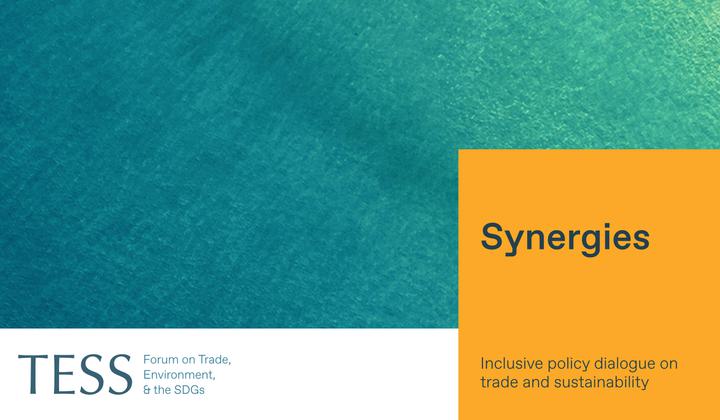TESS Executive Director, Carolyn Deere Birkbeck, contributed a short opinion piece on the global plastics treaty for inclusion in a "Voices" article for One Earth's June 2023 issue on A Sustainable Plastic Future.
Voices is a unique venue for Cell Press journals to present multiple, distinct points of view on a subject of interest, often exploring issues in environmental change and sustainability. This framework allows multiple perspectives from experts in the field to provide diverse opinions on specific issues of socio-environmental importance.
Recognising that in 2022, 175 nations have resolved to work towards a legally binding agreement on plastic pollution by 2024 and that addressing plastic pollution requires changes across the full life cycle of plastics, this Voices edition asks, "What is needed for the Plastics Treaty to meaningfully address the plastics crisis?"
To contribute to this discussion, TESS Executive Director, Carolyn Deere Birkbeck, was invited to contribute a 250 word article on key elements that plastics treaty should include, which you can view in its entirety below.
Global Rules to End Plastic Pollution
Plastic production and pollution have increased dramatically worldwide and are growing. Voluntary initiatives and commitments on plastic pollution have proven inadequate. To end plastic pollution, we need an ambitious, legally binding treaty that establishes global rules. Only a common, binding international legal framework that addresses how we produce and consume across the full life cycle of plastics can catalyse system change across borders and global supply chains.
Such a treaty should first include global rules to reduce overall supply and trade of primary plastic polymers. It should eliminate and restrict production, consumption, and trade of unnecessary, avoidable, and problematic plastic materials, chemicals, and products harmful to human health and the environment. It would guarantee only plastic products meeting agreed global criteria are placed on the market and improve transparency of production, trade, and composition of plastics materials and products. It would have binding provisions to prevent, manage, and remediate plastic pollution in a safe and environmentally sound manner. Finally, it would ensure effective financial and technological support for developing countries for treaty implementation and spur investment flows that support its goals and just transitions.
Primary plastics—and the fossil fuel and petrochemical industries that underpin and drive their growth—represent a significant and increasing share of the world’s greenhouse gas emissions. The plastics treaty is an opportunity to tackle the scale and emissions of the plastics sector at the same time as its wider environmental and health impacts.



